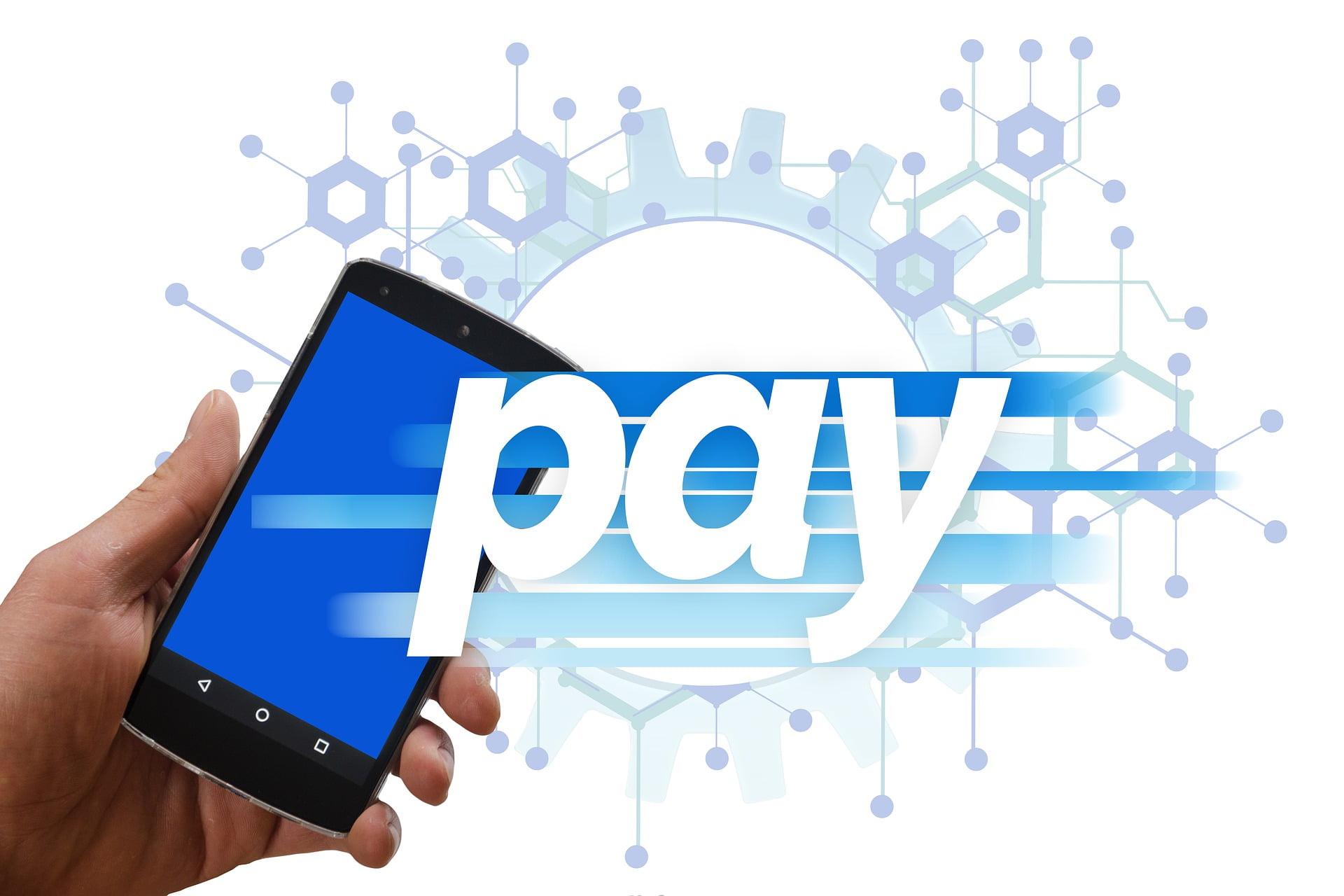What would the latest round of funding in GoJek spell for the digital payments landscape for the region?
After dispelling reports about a merger with rival Grab in February 2020, GoJek finally announced in early June 2020 that Facebook and PayPal are collaborating on its new round of funding, joining Google, Tencent and others as investors in the Indonesia-based ride-hailing and digital payments company.
Terms of the deal were not disclosed, but it is understood that Facebook and PayPal are looking to boost their profiles in South-east Asia’s payments sector and fuel its use among small businesses.
“This is great validation that the world’s most innovative tech companies recognize the positive impact Gojek is making in Indonesia and the whole of South-east Asia,” said Gojek co-CEO Andre Soelistyo.
“By working together, we have the opportunity to achieve something truly unique as we aim to help more businesses to digitize and ensure that many millions more consumers are enjoying the benefits that the digital economy can bring.”
Meng Liu, Analyst at Forrester, commented: “With this investment, Facebook can expand its digital payment and financial services to Indonesia and more broadly to the South-east Asian market. The payment sector is still underserviced and the opportunity in South-east Asia’s emerging markets like Indonesia is worth billions of dollars.”
What the investors say
In a statement, PayPal said the expansive commercial relationship with Gojek will significantly grow PayPal’s scale in the region: “This new relationship is another positive step in our journey towards becoming the worldwide payments partner of choice, and helping to fuel global commerce by connecting the world’s leading marketplaces and payment networks.”
Matt Idema, WhatsApp COO, wrote in a blog post:“This investment underscores Facebook’s commitment to serving small businesses and helping bring them and their customers into the digital economy.”
Stating how, since GoJek launched its app in 2015, it has helped bring hundreds of thousands of merchants onto its platform, giving them access to more than 170 million people across South-east Asia, and processing billions of transactions each year via the largest e-wallet in Indonesia, Idema added:
“We are excited to invest in Indonesia’s future as the largest digital economy in South-east Asia. And we look forward to working with Gojek to support the growth of millions of small businesses, and to future collaborations in Indonesia to support the country’s digital economy.”
As the majority of small businesses in Indonesia rely on cash to operate due to the country’s large unbanked population, Idema sees digital payments as a safer option compared to cash, both for businesses and customers. “And digital payments help more people participate in the economy and give businesses access to credit which is crucial for business growth.” He concluded: “This investment will support Facebook and Gojek’s shared goal of empowering businesses and driving financial inclusion across the archipelago. WhatsApp helps small businesses communicate with customers and make sales, and together with Gojek, we believe we can bring millions of people into Indonesia’s growing digital economy.”
What industry observers say
Tristan Chiappini, Vice President and Head of Partnerships (APAC) for PPRO, observed: “With Indonesia’s internet economy projected to expand to $133 billion by 2025, way ahead of the next closest competitor Thailand, who only comes second with $50 billion, this latest round of funding comes as no surprise as the country is shaping to be one of South-east Asia’s top digital payments battleground.”
GoJek, said Forrester’s Meng, will be able to embed Facebook’s digital wallet offering (like WhatsApp Pay) on their platform of lifestyle services across shopping, transport and other offerings. “Consumers who are underserved by traditional banks and card networks will have the chance to [access] such digital payments offered by Facebook in the future.”
In the long run, if Facebook’s Libra plan is successful, there would also be a natural rollout of this inclusive cross-border payment offering to immigrant workers in the South-east Asian markets as well. “I see the deal as the first step to building the infrastructure to expand Facebook’s payment and fintech businesses in the region,” Mend predicted.
Meng sees the expansion of Facebook’s digital financial services in South-east Asia as one that won’t happen rapidly but at a gradual pace. “Local regulators’ attitudes toward Facebook is critical, especially in terms of its usage of local consumers’ data and data privacy protection.”
“Facebook also faces potential competition from Chinese tech giants such as Alibaba, Tencent and ByteDance, who may also increase their investments in Gojek as well or even try to acquire them.”
Many may think Alipay and WeChat Pay would be negatively affected by this deal. However, Meng disagrees: “Alipay and WeChat Pay are mostly servicing Chinese tourists in the Southeast Asian markets, rather than servicing local consumers directly. Therefore, it won’t impact their businesses significantly. However, this deal will definitely impact the businesses of GCash, a local digital wallet backed by Ant Financial, given the competitiveness of Facebook’s payment services.”
PPRO’s Chiappini said: “When we consider that WeChat has recently gained regulatory approval to operate in partnership with Bank CIMB Niaga, along with AliPay’s application for a foreign digital payments service licence in partnership with Bank Mandiri, this is evidence that there is some degree of consolidation of digital payments in Indonesia, which can only be a good thing for consumers. However, this could also possibly lead to the development of multiple independently operating ecosystems.”
In other words, while the payments landscape is now less fragmented, he believes there is still “some way to go in streamlining access to multiple payment methods under one single platform that will allow both local and cross border e-commerce businesses to accept every single local payment method that is trusted by their customers. A recent decree issued by the Indonesian Ministry of Trade requiring foreign e-commerce firms to set up a representative offices in Indonesia (over certain thresholds of business) will further complicate this market.”
Chiappini concluded: “However, the sheer size and growth rates in the internet economy continue to spark the interest of our global payment service provider customers and their merchant base, so consequently Indonesia is a key market… in 2020 and beyond.”



